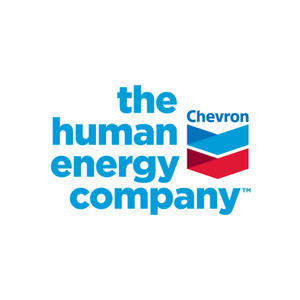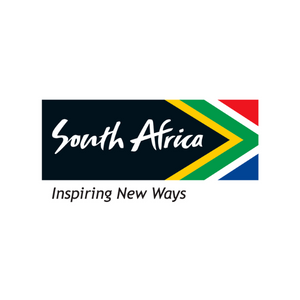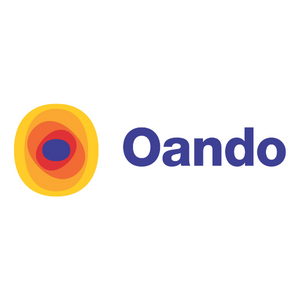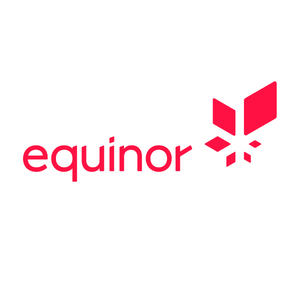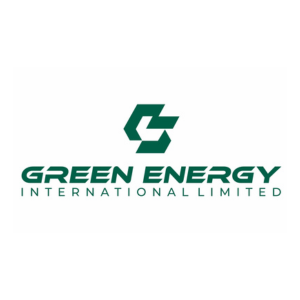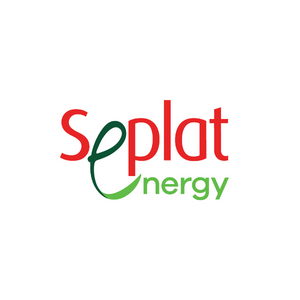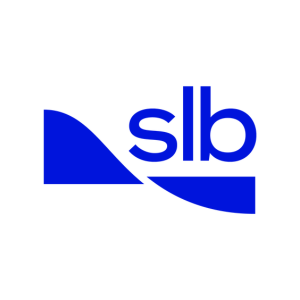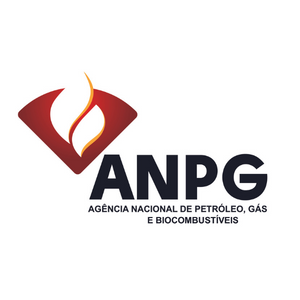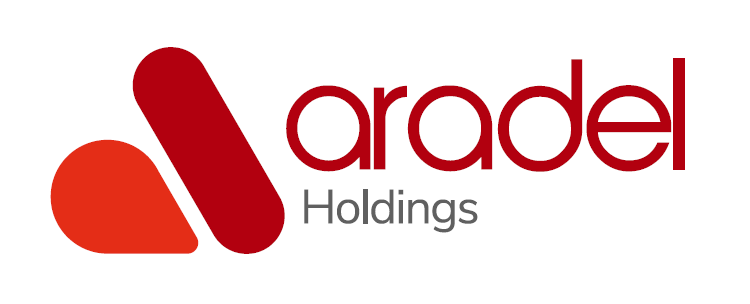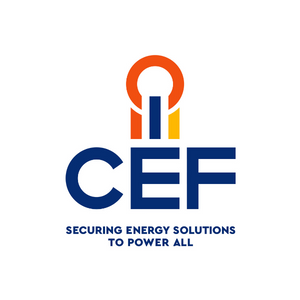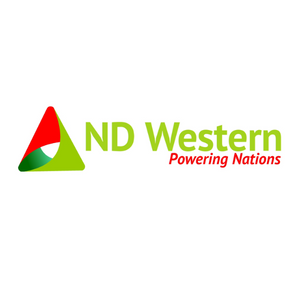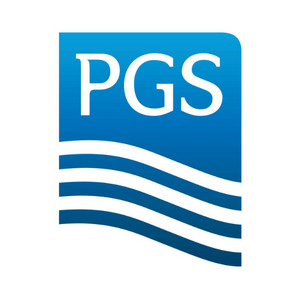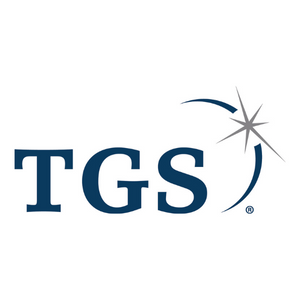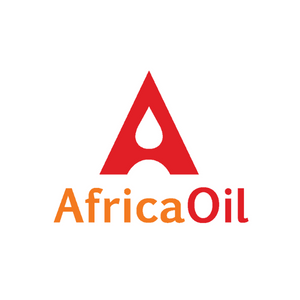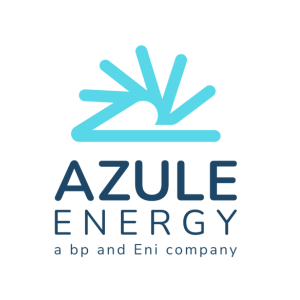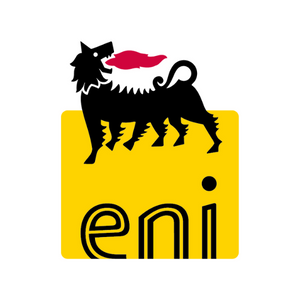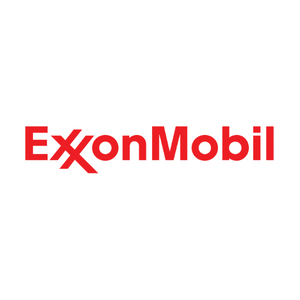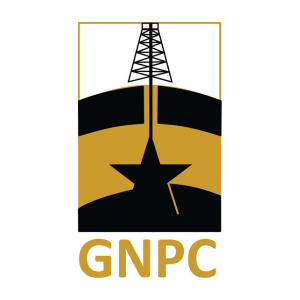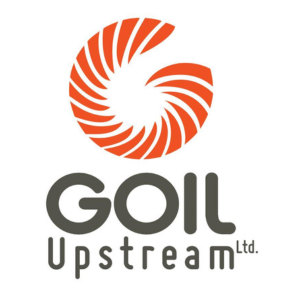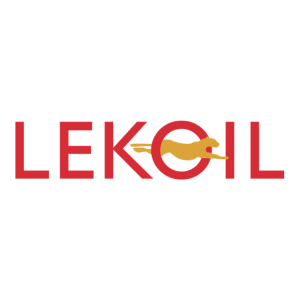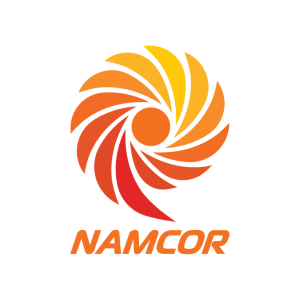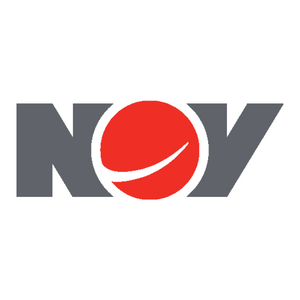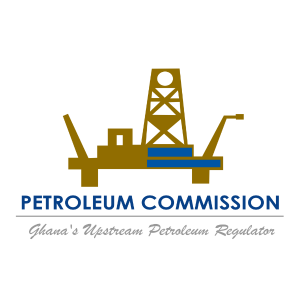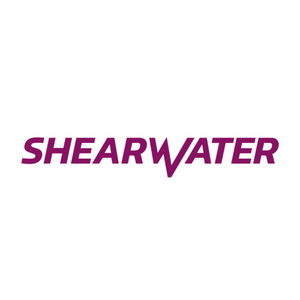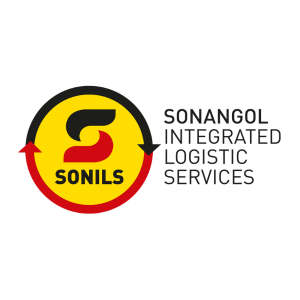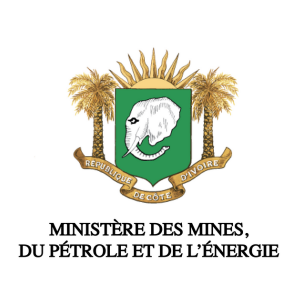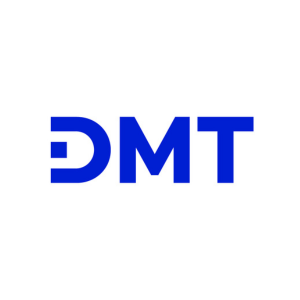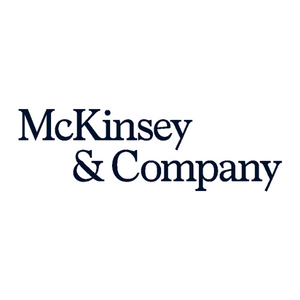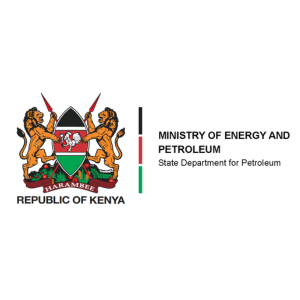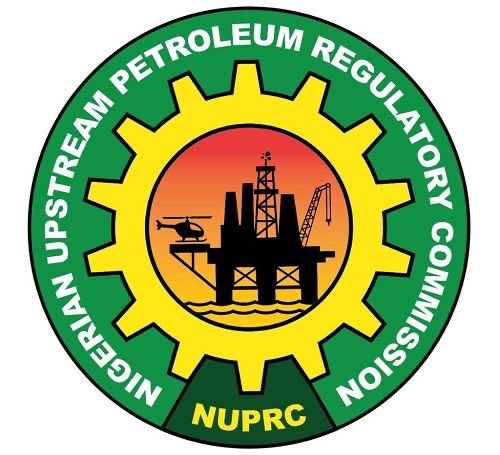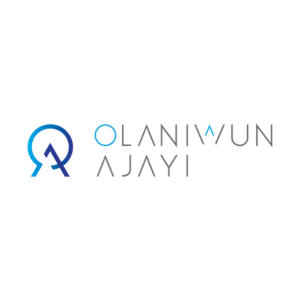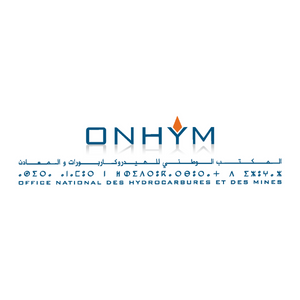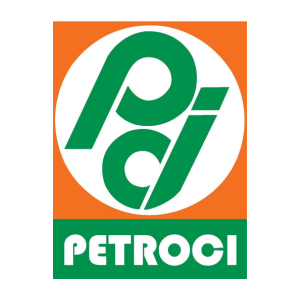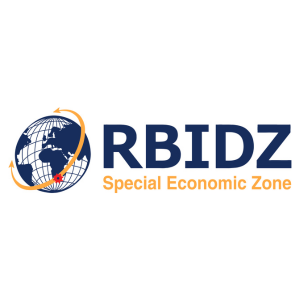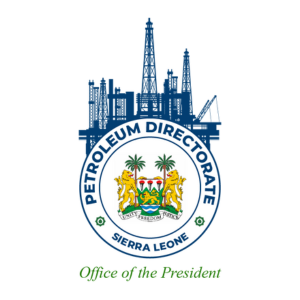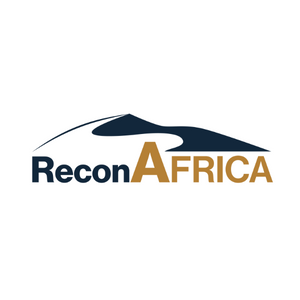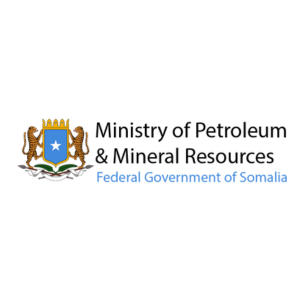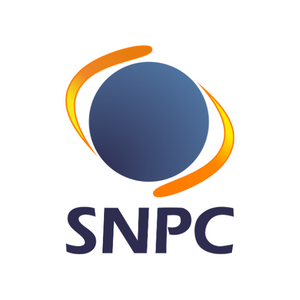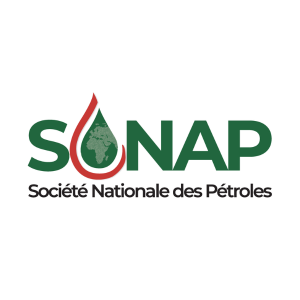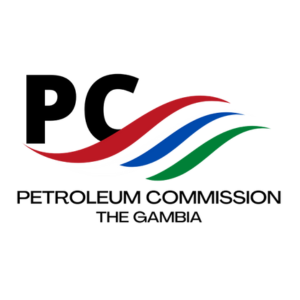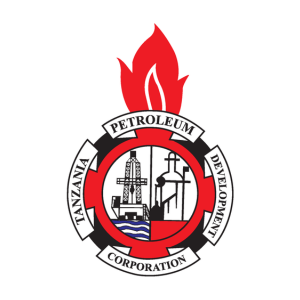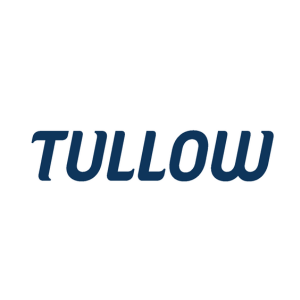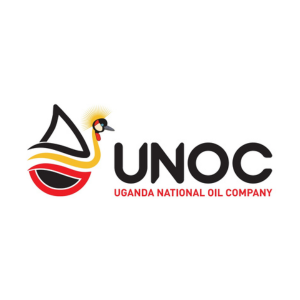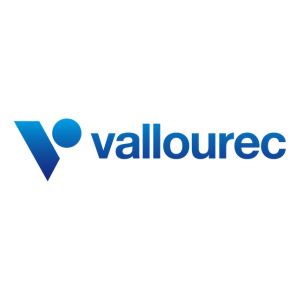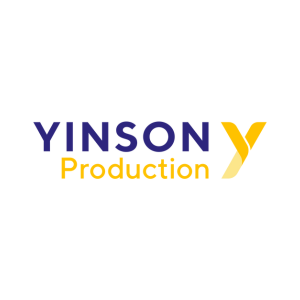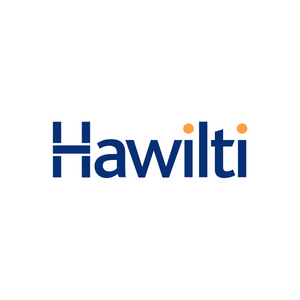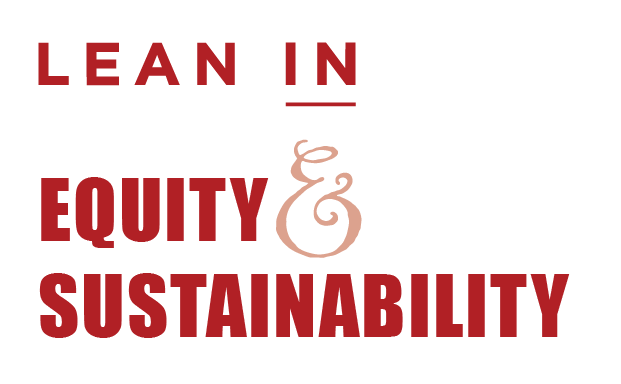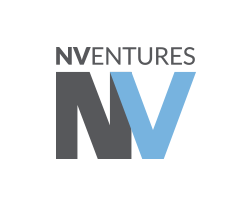Wissam Al-Monthiry
Managing Director: Ghana Tullow
Wissam is Managing Director for Tullow Ghana, a position accountable for the Tullow business in Ghana. Wissam is also a member of the Tullow plc executive leadership team.
Wissam brings close to 20 years of working in the international oil and gas industry. He spent a large part of his career with BP in various operations, engineering, asset management and business leadership roles across the UK North Sea, US Deepwater Gulf of Mexico, the Caspian and the Middle East and North Africa. In his last role at BP he held the position of Vice President Operations & Country Head for North Africa Wissam’s track record in asset turnarounds and profitable growth, coupled with mutual benefit of host governments and partners, is underpinned by his extensive experience in all aspects of integrated operations, including time as an Offshore Installation Manager (OIM) and playing a leading role in the Gulf of Mexico Macondo oil spill response. Wissam also started his career at Goldman Sachs Corporate Finance and Advisory, focusing on energy mandates.
Wissam holds a Bachelor’s of Engineering (B.Eng) in Chemical Engineering from McGill University and a Master of Business Administration (MBA) from the Sloan School of Management at the Massachusetts Institute of Technology, where he remains an active alumni as Chairman of the Alumni Board of Great Britain. Wissam is a fluent English, Arabic and French speaker.
AOW 2023 Programme Sessions
COUNTRY SPOTLIGHT: Ghana – Heading Towards the Next Growth Cycle
Ghana’s petroleum industry has witnessed significant progress over the last decade, making it one of the most promising sectors in West Africa. Following its initial growth cycle that started with the commissioning of the Jubilee, TEN and SGN fields, Ghana is determined to take its industry to the next level by leveraging on the inland Voltaian Basin and other Ultra Deepwater projects. Exploration activities in ultra deepwater offshore Ghana together with work being done on the inland Voltaian basin are expected to result in discoveries to shore up the reserves of the country. Existing operators are also currently involved in significant brownfield expansions to mitigate production decline and monetise gas, thereby enhancing the sustainability of their assets while making more energy available for Ghana’s industries and households. But more is on the table as new offshore hubs progress towards FID and delayed exploration programmes are put back on the table.
In this session, we invite the government of Ghana and its operators to discuss the future drilling campaigns, plans to unlock Ghana’s local and regional gas potential, and the outlook for the country’s upstream sector
- How is Ghana preparing to position itself as a key supplier of gas to regional and export markets?
- What are the financial requirements for future exploration and development drilling campaigns?
- What has been the success of Ghana’s local content policies thus far? What are the next steps to build capacity?
- What projects are Ghana advancing to further expand its value-chain from upstream to downstream and make a better use of its natural resources?
Wednesday 11 October 14:00 - 14:30 Stage A
Gas Forum
Ghana’s petroleum industry has witnessed significant progress over the last decade, making it one of the most promising sectors in West Africa. Following its initial growth cycle that started with the commissioning of the Jubilee, TEN and SGN fields, Ghana is determined to take its industry to the next level by leveraging on the inland Voltaian Basin and other Ultra Deepwater projects. Exploration activities in ultra deepwater offshore Ghana together with work being done on the inland Voltaian basin are expected to result in discoveries to shore up the reserves of the country. Existing operators are also currently involved in significant brownfield expansions to mitigate production decline and monetise gas, thereby enhancing the sustainability of their assets while making more energy available for Ghana’s industries and households. But more is on the table as new offshore hubs progress towards FID and delayed exploration programmes are put back on the table.
In this session, we invite the government of Ghana and its operators to discuss the future drilling campaigns, plans to unlock Ghana’s local and regional gas potential, and the outlook for the country’s upstream sector
- How is Ghana preparing to position itself as a key supplier of gas to regional and export markets?
- What are the financial requirements for future exploration and development drilling campaigns?
- What has been the success of Ghana’s local content policies thus far? What are the next steps to build capacity?
- What projects are Ghana advancing to further expand its value-chain from upstream to downstream and make a better use of its natural resources?

